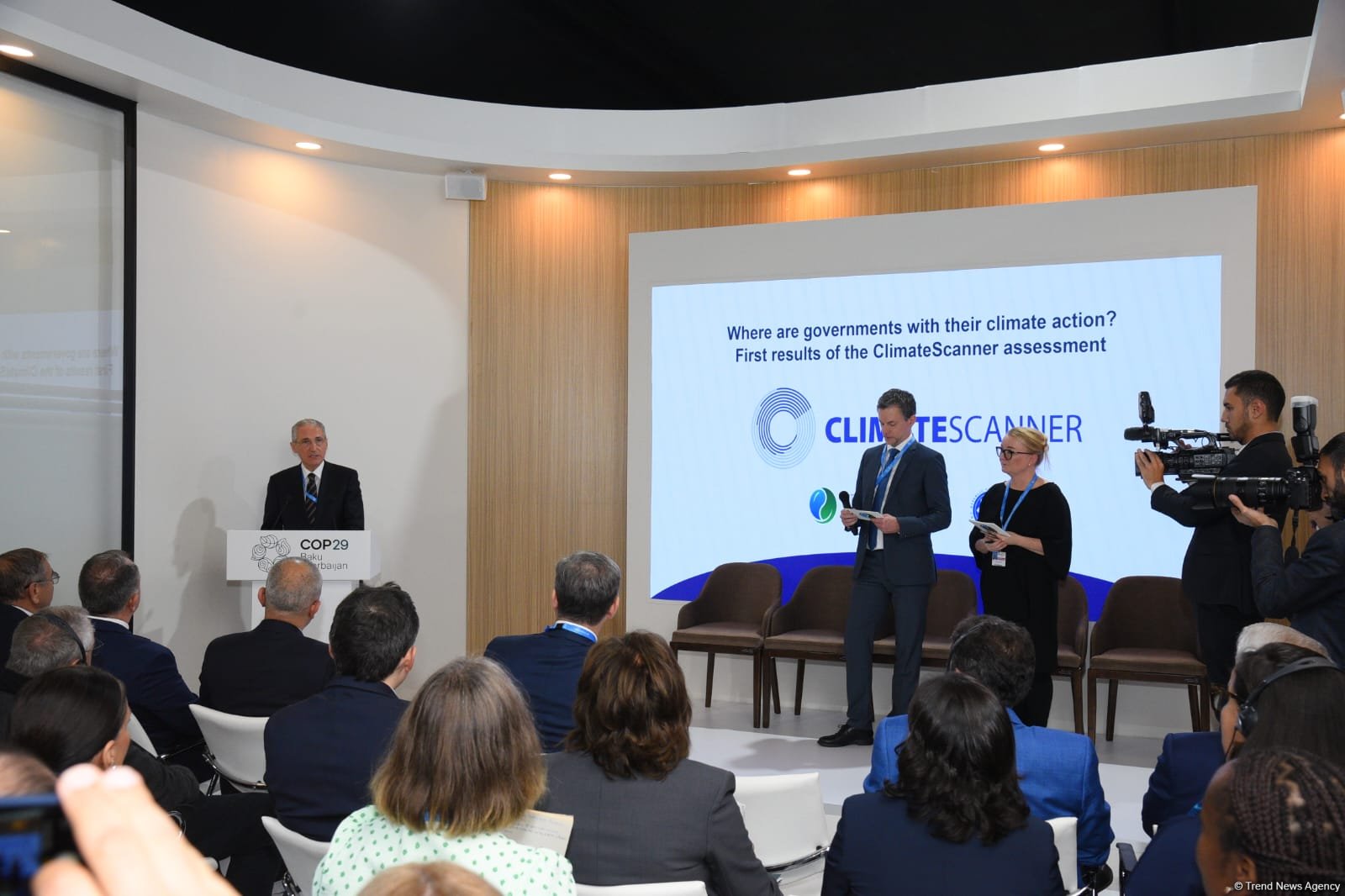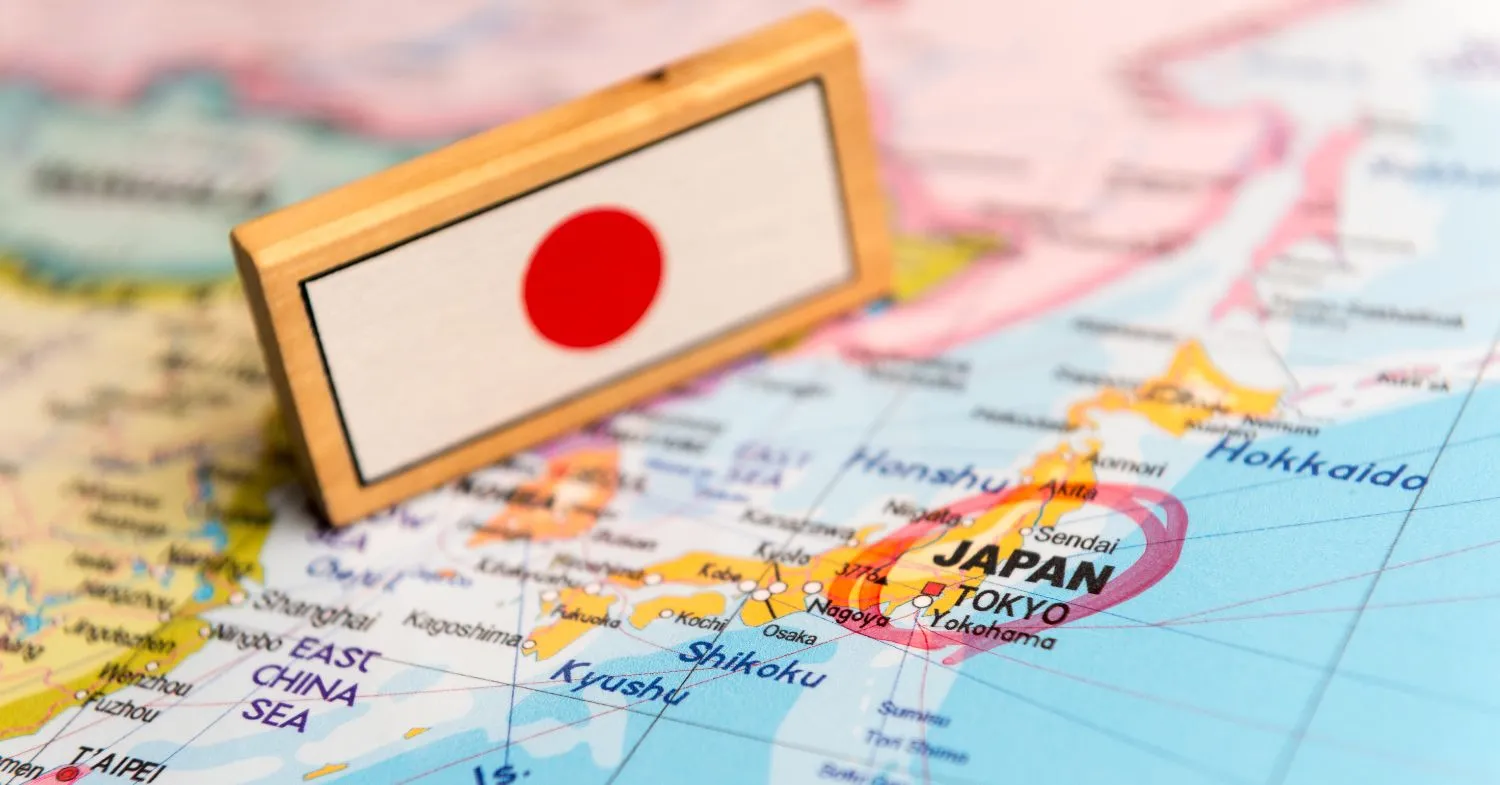A member of Poland’s ruling party is claiming the EU is trying to ban the “basic freedom” of mushroom picking in the country. Is this another election stunt or are the claims legitimate?
The Polish government organised so-called “family picnics” across the country recently to reinforce their key electoral promise of protecting and nurturing the country’s traditional unions.
At another event, Deputy Prime Minister Jarosław Kaczyński claimed that mushroom picking was an essential freedom for the Polish people that is being threatened by the EU.
“We have this freedom, we go mushroom picking. A huge part of Poles goes mushroom picking … it is part of our freedom and we will not let this freedom be taken away from us,” he said in Chełm.
Kaczyński reiterated this claim earlier this week in an interview with the right-wing Sieci weekly magazine, pinning the blame for this freedom allegedly under threat on EU policies and his party’s main opponent in the upcoming elections, Donald Tusk.
“If Tusk returns to power, he will sell out everything … And now Polish forests will be taken over by Brussels. Tusk was sent here to make it easier for them,” he continued.
Free spore-picking for everyone
EU-sceptical politicians have often claimed that the bloc aims to place arbitrary and even borderline ridiculous limits on benign activities.
Former UK PM Boris Johnson often parroted claims like this, such as the persistent disinformation that “bendy bananas” are not allowed.
Several news outlets have dispelled these rumours, explaining that the EU merely came up with a unified classification system for bananas based on their shape and deformities so that buyers know what they get when they order them.
With regard to mushrooms, the EU has encouraged limits that pertain to the quantity of mushrooms a private individual can pick for their own use.
But member states have differing policies on the ground. According to the independent Polish outlet Oko Press, Polish and Czech law place no limits on how much can be foraged on average. In the latter case, it is considered akin to a sport, with the Czech Hydrometerological Institute publishing maps that indicate the best conditions for mushroom picking.
France and Germany, on the other hand, have a limit of 250 grammes or a basket-full of mushrooms, respectively.
The reason for these limits is to prevent people from arriving with trucks and picking several kilogrammes of mushrooms at a time.
In the Netherlands, people can only pick mushrooms on their own land.
According to the Article 4 of the Treaty on the Functioning of the EU, certain competences can be shared between the EU and members states and they can pertain to the internal market, transport, the environment, agriculture and fisheries. Forestry is not among those.
Even if Brussels does decide to bring the EU to the fore of these competences, this tool would only apply if it is deemed that it can do a much better job than the member state at handling a certain issue. It is not an obligation, and exceptions are more common than implementations of the rule.
Crucially, they can not decide to sell or take control of Polish forests — and its mushrooms — on a whim.
All about the talking points
In the meantime, the Polish Wprost magazine has looked into whether the term “mushroom” spiked in popularity after Kaczyński’s statements.
They tracked social media trends for common keywords that voters could be interested in, such as inflation, Ukraine or Donald Tusk himself.
“Mushroom” outperformed them all.
Analysts in Poland often point out that the ruling Law and Justice party have extraordinary internal polling and analysis when it comes to hot topics or issues that could incite debate overnight.
The moisture-loving fungi is a staple of Central European dishes, ranging from thick sauces and stroganoff to being stuffed in pastries and dumplings or sprinkled dry over dishes.





















Discussion about this post